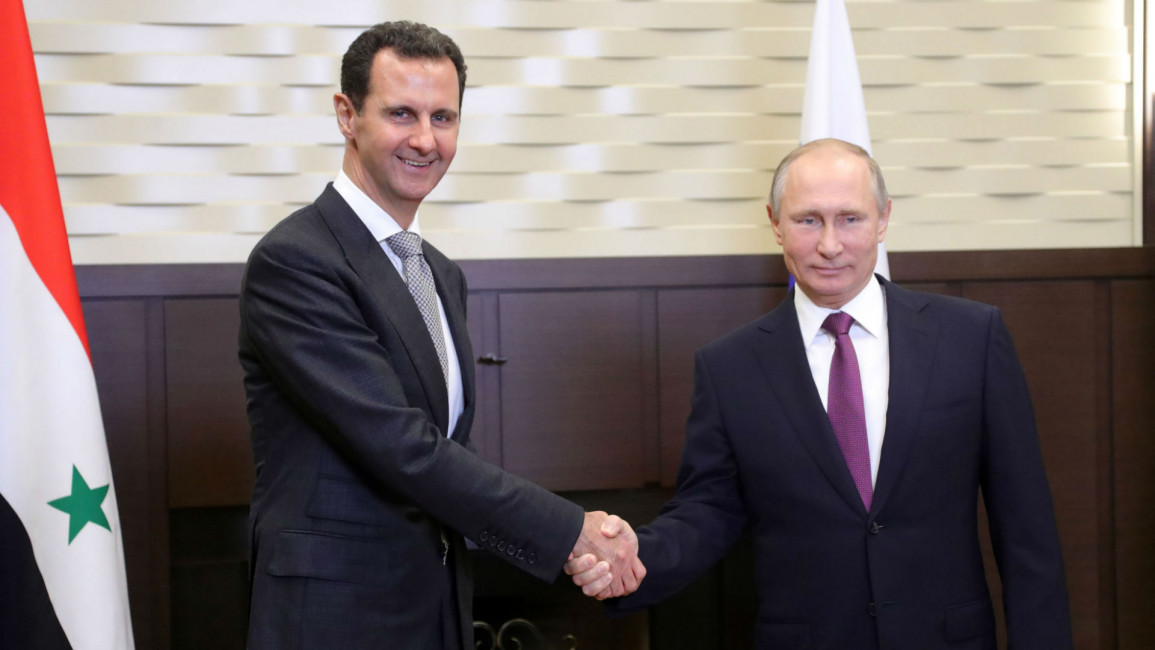Syrian government delegation delay departure to Geneva peace talks
The pro-Syrian government newspaper al-Watan cited on Monday sources in Geneva saying the Syrian government was not pleased by the statement made last week in a Syrian opposition meeting in Riyadh.
In the statement, Syrian opposition groups maintained the long held demand of President Assad to step down before a political transition, a demand Damascus viewed as "back to square one."
The Syrian opposition agreed in a joint declaration in the creation of a united inclusive opposition delegation for the UN-led intra-Syrian talks.
Syria's opposition have been under pressure from Saudi Arabia and other powers to "unify their ranks" and to weaken their demands - such as the departure of Bashar al-Assad - following a series of regime advances.
Federica Mogherini, high representative of the EU for foreign affairs, described the appointment as "an important milestone for the process to move into real negotiations between the two parties."
Staffan de Mistura's office, U.N Syria envoy, would not comment on the travel plans of the Syrian government.
Syria continues to witness a deterioration of the humanitarian situation, with attacks on civilians continuing, Eastern Ghouta held under siege and aid blocked from entry.
The World Health Organisation has also expressed 'grave' concerns over the deteriorating situation in Eastern Ghouta with the needs of up to 400,000 people besieged not met.
The statements come at a time when the United Nations revealed that more than 13 million Syrians are in need of aid.
The Syrian conflict began when the Baath regime, in power since 1963 and led by Assad, responded with military force to peaceful protests demanding democratic reforms during the Arab Spring wave of uprisings, triggering an armed rebellion fuelled by mass defections from the Syrian army.
The brutal tactics pursued mainly by the regime, which have included the use of chemical weapons, sieges, mass executions and torture against civilians have led to war crimes investigations.



